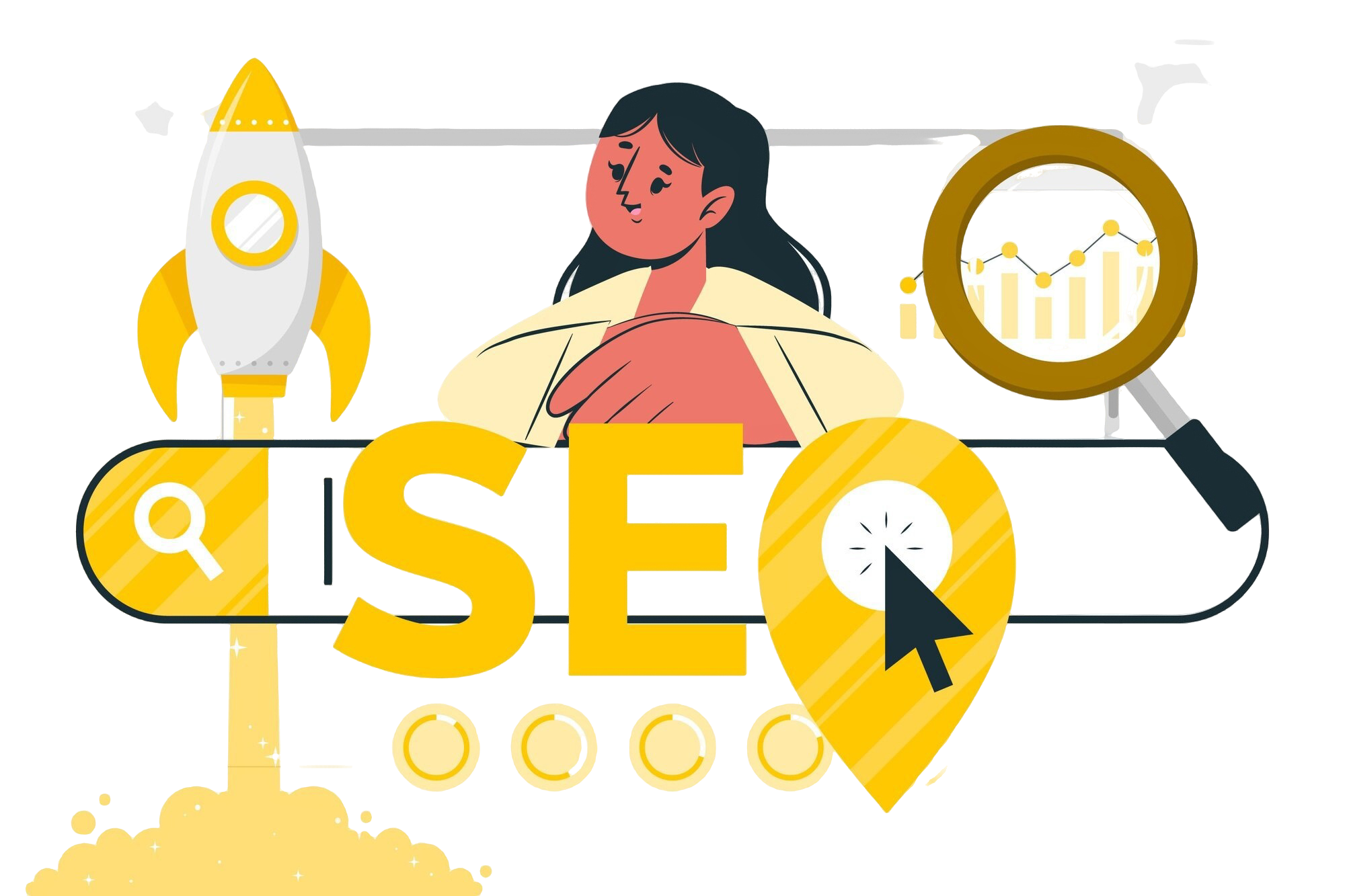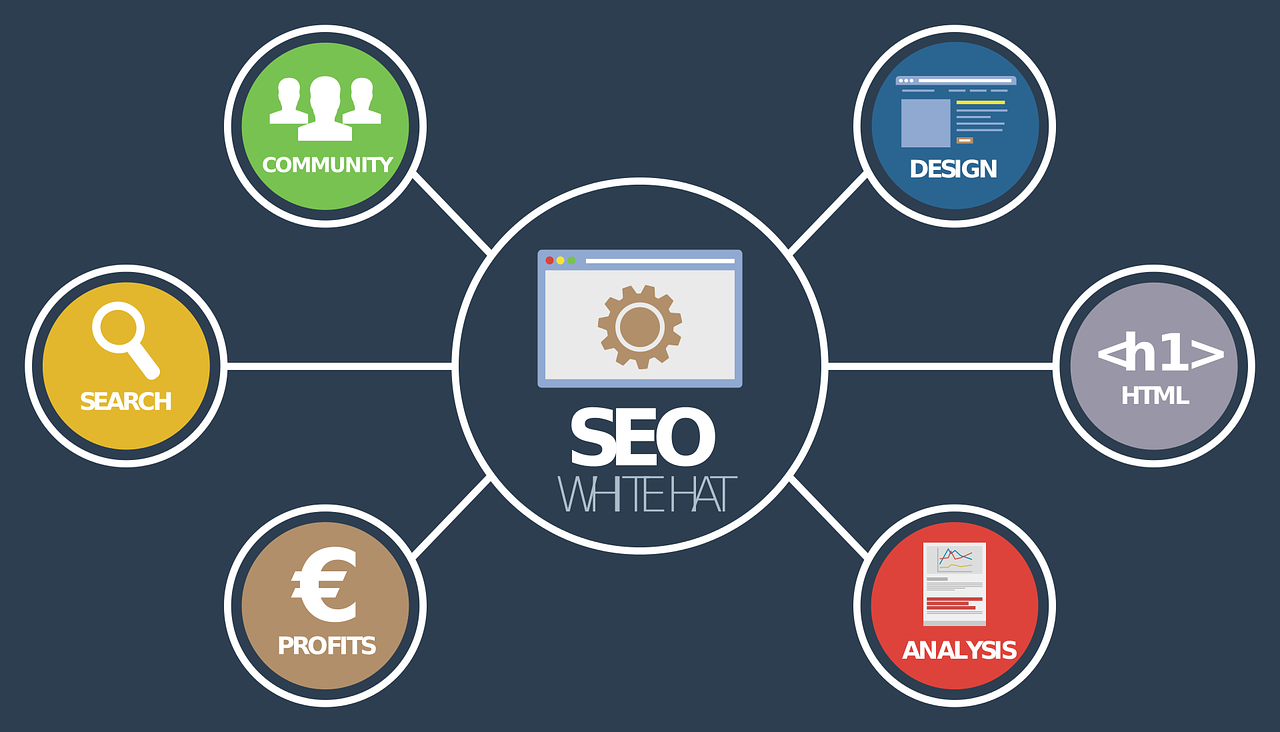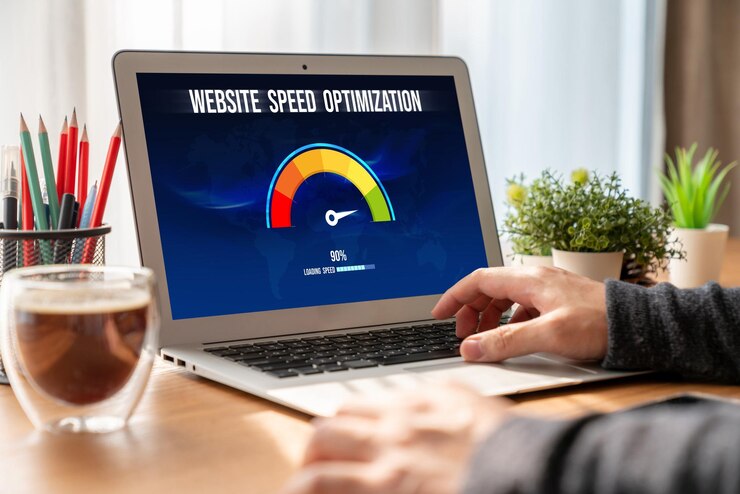Search engine optimization (SEO) is the lifeblood of each successful online marketing strategy. Of all the different disciplines, on-page SEO is probably the most controllable and the most powerful for improving the visibility of a website. This article contains a complete guide on the principles of on-page SEO, step-by-step methods, and advanced techniques that you can use to optimize your online presence. If you’re a student, a small business owner, or a professional seeking out “SEO services near me,” this guide is for you.

On-Page SEO
1.What is On-Page SEO?
On-page SEO is basically the optimization of a single web page to be ranked higher in search engines and receive more fulfilling traffic. If on-page SEO works within the website, including content and metadata, off-page deals mostly with the external link building to give the website some trustworthiness.
Key Benefits of On-Page SEO
- Better Search Visibility: A well-optimized page makes it easier for search engines to understand your content.
- Improved User Experience: On-page SEO improves speed, navigation, and readability.
- Higher Conversion Rates: SEO pages draw the right traffic, which typically translates to better conversions.
2. Why On-Page SEO Matters
The Role of On-Page SEO in Modern Marketing
It’s not only applicable in general but also specific to each. It focuses on improving the page for search engines and thus very critical for the future of search rankings. So many businesses have the keywords “SEO agency near me” or “SEO consulting services” where they inbound potential clients with those specific keywords.
On-Page SEO for E-commerce Websites
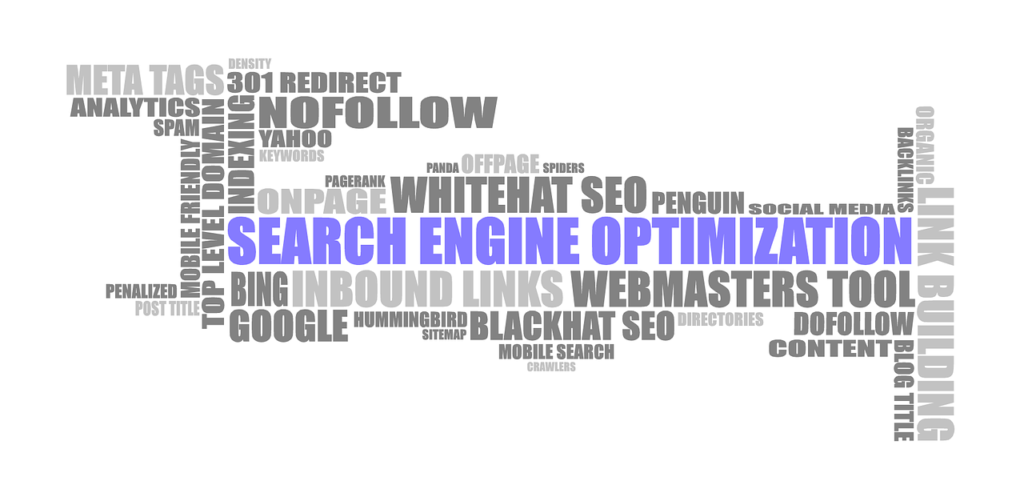
The on-page optimization of e-commerce platforms goes a long way towards benefitting them. The pages targeting keywords such as “ecommerce SEO rankstar” and “ecommerce SEO services” pull in ready-to-buy traffic, thus taking the competitive advantage.
3. Core Components of On-Page SEO
A. Keywords and Their Importance
The Power of Keywords
Such keywords as “SEO for lawyers,” “SEO specialist Austin TX,” and “best SEO companies” will bring your business to potential customers who are actively searching for services.
Where to Use Keywords:
- Title Tags: Embed primary keywords into the page title.
- Headings and Subheadings: Use keywords naturally in your H2, H3, and H4 headings.
- First 100 Words: Early use of your keyword indicates relevancy.
- Alt Text: Keywords should be used to describe images.
B. High-Quality Content Creation
That’s the kind of content search engines favor, content that addresses users’ problems. So if someone types in “is squarespace easy to optimize for SEO?”, then your page should give a direct answer to that clear action call.
Tips for Creating SEO-Friendly Content:
- Such comprehensive guides you find here, researched keywords like SEO Client Onboarding Specialist and SEO Website Design, would have a well developed FAQ section such as this one alone: “Does AI use affect a website SEO? “” What to include on a contact page for website SEO?” and many others.
- Use storytelling most effectively to illustrate using the blogs of the very top SEO agencies like Rankstar.
C. Metadata and HTML Tags
Metadata Optimization
- Page Titles: Have clear and clean titles. For example: Affordable SEO Services Near Me – Boost Your Rankings.
- Meta Description: Create attractive summary texts in the form of calls to action.
Proper Use of HTML Tags
- The title primarily addresses the keyword.
- Subheadings that divide content and facilitate reading.
- Minor headings or FAQ sections would be suitable here.
D. User Experience (UX)
Google prioritizes pages that offer a seamless experience. Improve UX by:
- Decreasing loading time for pages: It would be of great assistance from tools like Google PageSpeed Insights for this task.
- Enhancing the Mobile Responsiveness: This is completely non-negotiable since it will now use mobile-first indexing.
4. How to Perform On-Page SEO
Step 1: Conduct Keyword Research
Employ different software to optimize keyword research, such as Rank Math SEO Locale and even Google Keyword Planner, to come across the relevant terms. Then, include localized searches and phrases like SEO near me, SEO agency San Diego, or Phoenix SEO company.
Step 2: Write Content for User Intent
Address specific pain points:
- “SEO in Law Office” is focused by lawyers since some areas of practice bring into client inquiries. Above all, they would be able to know the audience through niche ranking alone as dental SEO Marketing would do for dentists.
Step 3: Optimize Metadata
Discovering the best SEO services in Austin TX is boosting traffic and leads with our proven strategies. Meticulously create meta-descriptions with the intended keywords; for example:.
5. Advanced On-Page SEO Techniques
Programmatic SEO for Large Sites
Utilize these enterprise search engine optimization company services and automate the optimization of thousands of your product pages.
Schema Markup
Add schema to enhance search engine understanding of your content. For example:
- FAQ Schema: Enlist frequent queries like Is SEO worthless? or What are odd numbers as per SEO in headlines?
6. Top Tools for On-Page SEO Optimization
- Screaming Frog SEO Spider: Audits in detail;
- Ahrefs: Keyword research and backlink analysis;
- Slim SEO Link Manager Plugin: Best for tagging on WordPress.
7. Common Mistakes in On-Page SEO
- Alt Text Ignorance: Alt text is to every image an appropriate description.
- Keyword Stuffing: Penalties are invoked by overstuffing phrases such as “SEO services near me”.
- Duplicate content: It has a tendency to confuse the search engines and thus dilutes the ranking.
8. Case Studies: Successful On-Page SEO Examples
Case 1: Local SEO for a Law Firm
By leveraging local SEO landing pages, a law firm optimized for terms such as “lawyer SEO,” leading to a 250% growth in the organic lead source.
Case 2: E-commerce Store Optimization
Just by targeting “ecommerce SEO services” and adding product descriptions, a particular online store gets itself ranked on the first page in six months.
On-Page SEO vs. Off-Page SEO: A Comprehensive Comparison
Understanding the differences identified between On-Page and Off-Page SEO for an advantageous balanced approach towards these techniques which create a one good strategy for search engine optimization. Both are equally important for improving the visibility of a website but require different consideration in the improvement of a website.
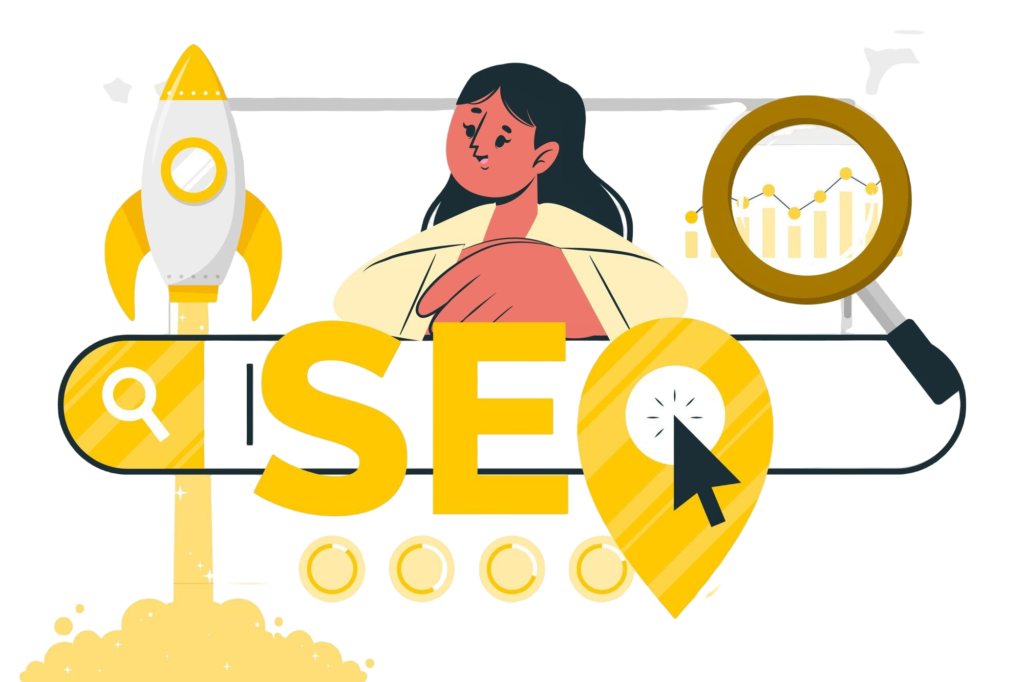
On-Page SEO
On-page SEO refers to the optimization of every single element that is part of your website. To make them more search-engine-friendly, such as:
- Content Optimization: Given pages have high relevancy and value to users.
- Keyword Placement: The introduction of primary and secondary keywords into title headings, meta descriptions, headers, and body text.
- Technical SEO: Improving site speed, mobile responsiveness, and HTML tags to be crawlable by search engines.
Off-Page SEO
Off-page SEO revolves around authority and reputation building through external factors, including:
- Backlink Building: High quality links acquisition from reputed sites.
- Social Signals: Increasing mentions, shares and engagements on social media platforms.
- Local SEO Signals: Reviews and directory managing.
On-page SEO definitely makes things work for visibility, but credibility and trust are built through off-page methods. The right balance of both types of techniques from those approaches-such as the one mentioned in the example above- would lead towards a good progressive outcome in the next few years.
Why Is On-Page SEO Important?
On-page SEO is where you begin in SEO that’s your fundamental. As in every website intending to achieve a better ranking in search engine results pages (SERPs), it is for SEO on pages. To know why on-page means heavily critical:On-page SEO is where you begin in SEO that’s your fundamental. As in every website intending to achieve a better ranking in search engine results pages (SERPs), it is for SEO on pages. To know why on-page means heavily critical:
1. Search Engine Understanding
They optimize the on-page elements like keywords, metadata, and site structure to help the search engine engines understand the context of the site. With this optimization, it becomes effortless for search algorithms to rank your pages based on relevancy in searches.
2. Enhanced User Experience (UX)
Effective on-page SEO involves such elements that ensure the content is relevant to users, to the topic for which the page is targeted, it is well organized, and it is easy to navigate. That may include optimizing content for mobile such that it is viable and reducing page load times at the server end directly improves user satisfaction with the website.
3. Higher Click-Through Rates (CTR)
Well optimized title tags and meta descriptions attract users’ attention resulting in improved click-through rates. A well matched meta description with user intent could make a difference between a click and a jump.
4. Long-Term Benefits
On-page SEO indeed is a long-term approach. After being optimized, the content is able to rank and be an organic source of traffic over the years, as opposed to paid campaigns which always require investment.
For enterprises and individuals figuring out ways on how to start, learning on-page SEO is the first step to achieving success online.
On-Page SEO Techniques for Your Website
To bring about a terrific difference in a website’s ranking, implementing on-page SEO techniques would be the thing to do. It has been proven through these nine indispensable techniques:
1. Optimize Title Tags
Please note that this title should also be brief, representative, and include an important keyword. So, for a page on “on-page SEO,” the appropriate title could be: “Master On-Page SEO: Techniques to Boost Rankings by 2024.”
2. Create Engaging Meta Descriptions
It should be made exciting, and it should have keywords, that will pull some clicks. For example, “Know- 9 on-page SEO strategies to direct traffic and increase rankings for your site.”
3. Use Header Tags Strategically
Normally, an H1 tag is reserved for the page title on a website. Underneath it, other headings may be organized according to H2, H3, and even H4 levels. Place your keywords into headings as they come naturally in from headlines to enhance both their readability and their SEO.This section makes use of H2 and H3 for key points.
4. Focus on High-Quality Content
Content, as in it is king in SEO. Write comprehensive, relevant, and unique content that answers in its quest all questions posed in the keyword. Naturally incorporate keywords in their context of use without keyword stuffing.
5. Optimize Images
Give descriptive file names and proper alt text with keywords; this practice is for SEO and at the same time accessibility for visually challenged users.
6. Improve Internal Linking
Make certain to connect to other pages relevant to your site. For instance, if you are talking about “on-page SEO”, make that connect to a guide called “off-page SEO” to build further interest in the readers.
7. Enhance Mobile Responsiveness
Making sure that your website is optimized for mobile phone and tablet viewing since Google has made it mobile-first. This can be done using Google Mobile-Friendly Test, wherein the results will show areas where something is missing.
8. Increase Page Load Speed
Fast pages tend to reduce bounce rates and promote the user experience. Images must be compressed; use caching and CDN to accelerate site speed.
9. Implement Schema Markup
Add schema markup to provide search engines with additional context about your content. For example, FAQ schema can help your site appear in rich results for queries related to “on-page SEO techniques.”
By consistently applying these techniques, your website will rank higher, attract more traffic, and deliver a superior experience to users.
Local SEO Ranking Factors 2024 Agencies Should Prioritize
Local SEO is an essential strategy for businesses aiming to attract customers in specific geographic locations. As search algorithms evolve, agencies need to focus on emerging local SEO ranking factors in 2024 to stay competitive. These factors include:
- Google Business Profile Optimization: Ensure your profile is complete, verified, and frequently updated with posts, images, and reviews.
- Localized Keywords: Phrases like “SEO agencies near me” or “SEO agency Los Angeles” should be integrated naturally into website content.
- Citations and NAP Consistency: Your business’s Name, Address, and Phone number must be consistent across all online directories.
- Review Management: Encourage positive reviews on platforms like Google, Yelp, and industry-specific directories to boost credibility.
- Mobile Optimization: With mobile-first indexing, ensure your website is responsive and loads quickly on mobile devices.
Agencies implementing these strategies can help businesses secure top positions in local search results.
Los Angeles SEO Agency: A Hub of Innovation
Los Angeles is a hotspot for businesses competing for online visibility. A reputable SEO agency in Los Angeles combines technical expertise with creative marketing strategies to help businesses thrive. These agencies often serve diverse industries, from entertainment and tech startups to retail and hospitality.
Key offerings of a Los Angeles SEO agency include:
- Tailored strategies for local keywords like “SEO company Los Angeles” and “SEO services near me.”
- Advanced tools like Screaming Frog and Ahrefs to perform in-depth technical audits.
- Expertise in targeting highly competitive markets, such as real estate and e-commerce, which often demand precision in local SEO.
Businesses working with top Los Angeles SEO firms often see significant improvements in organic traffic and lead generation.
New York SEO Company: Navigating the Big Apple’s Competitive Market
A New York SEO company operates in one of the world’s most competitive business environments. With a bustling mix of industries like finance, fashion, and tech, these companies must implement cutting-edge SEO techniques to deliver results.
Core strengths of NYC SEO companies include:
- Hyperlocal Targeting: Using keywords like “SEO near me” to help businesses attract foot traffic and local customers.
- Content Marketing Expertise: Crafting engaging blog posts, landing pages, and social media content to build authority in saturated markets.
- Data-Driven Strategies: Employing tools to analyze trends and refine approaches for maximum ROI.
For small businesses in NYC, hiring a reliable SEO company is critical to outshining competitors in local and global markets.
Phoenix SEO Company: A Growing Need for Digital Optimization
The rising business landscape in Phoenix demands robust digital strategies, and Phoenix SEO companies are stepping up to meet the challenge. From local restaurants to tech startups, businesses are leveraging SEO to reach their target audience.
Key benefits of working with a Phoenix SEO company include:
- Localized Campaigns: Optimizing for terms like “SEO agencies near me” ensures businesses connect with nearby customers.
- Technical SEO Services: Phoenix agencies often excel in optimizing site speed, mobile performance, and structured data.
- E-commerce Expertise: With Phoenix’s growing online retail sector, SEO firms specialize in boosting rankings for product pages and category keywords.
Choosing the right Phoenix SEO company can help small businesses gain a competitive edge in a rapidly growing market.
The Role of SEO Consultant Chicago in Building Online Success
An SEO consultant in Chicago plays a vital role in helping businesses navigate local and national markets. Chicago’s diverse economy, from manufacturing to education, requires unique SEO strategies to cater to each sector’s audience.
How an SEO consultant in Chicago adds value:
- Personalized Strategies: By analyzing industry trends and local customer behavior, consultants create tailored campaigns targeting terms like “SEO agencies near me.”
- B2B SEO Expertise: For manufacturing and logistics companies, consultants optimize for long-tail keywords like “SEO for B2B rankstar.”
- Focus on Analytics: Detailed reporting ensures businesses can track progress and refine strategies as needed.
By working with a skilled consultant, Chicago businesses can achieve sustainable growth and increased online visibility.
Park Seo Joon Wife: The SEO Perspective on Trending Queries
While Park Seo Joon wife might not seem like a traditional SEO keyword, leveraging trending queries can significantly impact traffic for entertainment-related websites. By optimizing blog posts, fan pages, or celebrity news articles around such terms, websites can capture search traffic from curious fans.
SEO strategies for trending terms:
- Timely Content: Create engaging, up-to-date articles about popular searches.
- Engaging Media: Incorporate high-quality images, videos, and social media embeds to enhance user experience.
- Internal Linking: Link to related content, such as celebrity profiles or news about upcoming projects.
Targeting trending queries effectively requires a mix of speed, creativity, and strategic keyword placement.
Q1: Does Using AI Affect Website SEO?
AI can enhance SEO efforts when used responsibly. Overuse or low-quality AI content, however, may harm rankings.
Q2: What Should I Include on My Contact Page for SEO?
- Clear business hours.
- Localized keywords like “SEO companies near me.”
- Clickable phone numbers.
What is Onsite and Offsite SEO?
Onsite SEO (On-Page SEO)
Onsite SEO, often used interchangeably with on-page SEO, encompasses all the measures taken within your website to improve its performance in search engines. This includes optimizing:
- Content (e.g., blogs, landing pages, and product descriptions).
- HTML elements like title tags, meta descriptions, and headers.
- Technical aspects such as mobile-friendliness and site architecture.
Offsite SEO (Off-Page SEO)
Offsite SEO involves activities that happen outside your website but impact its authority and ranking. Key aspects include:
- Backlink Building: Earning high-quality links from reputable websites to boost your domain authority.
- Social Media Engagement: Leveraging platforms like Facebook, Twitter, and LinkedIn to promote content and drive traffic.
- Brand Mentions: Increasing mentions of your business or website across the web, even without direct links.
- Local Citations: Ensuring consistent business information across directories to support local SEO efforts.
While onsite SEO ensures your website is optimized for search engines and users, offsite SEO builds authority and trustworthiness. Both are integral to a balanced SEO strategy.
How Does On-Site SEO Work?
On-site SEO works by making your website more attractive to both search engines and users. This process involves multiple interconnected steps:
1. Keyword Research and Placement
On-site SEO starts with understanding what terms users search for, then strategically placing these keywords in:
- Titles and meta descriptions.
- Content headings (H1, H2, H3 tags).
- Body text and anchor links.
2. Content Optimization
High-quality, relevant content is at the heart of on-site SEO. Search engines favor content that answers user queries and keeps visitors engaged.
3. HTML and Technical Improvements
Search engines rely on structured data to interpret your website. Elements like schema markup, canonical tags, and clean URLs contribute to higher rankings.
4. Enhancing User Experience (UX)
Google rewards websites that provide a seamless user experience. Faster loading speeds, easy navigation, and mobile-friendly designs ensure that visitors stay longer on your site.
5. Measuring and Iterating
On-site SEO is an ongoing process. Tools like Google Analytics and Search Console help you measure performance and refine strategies based on insights.
By aligning these steps, on-site SEO ensures that your website is primed for both search engines and users, driving long-term growth in visibility and traffic.
What is On-Page SEO vs. Local SEO?
While on-page SEO and local SEO share some common elements, they serve different purposes and focus on distinct strategies:
On-Page SEO
- Scope: Broad, targeting both local and global audiences.
- Focus: Optimizing content, keywords, and technical elements within a website to improve its visibility in SERPs.
- Examples: Optimizing a blog about “on-page SEO techniques” for search engines worldwide.
Local SEO
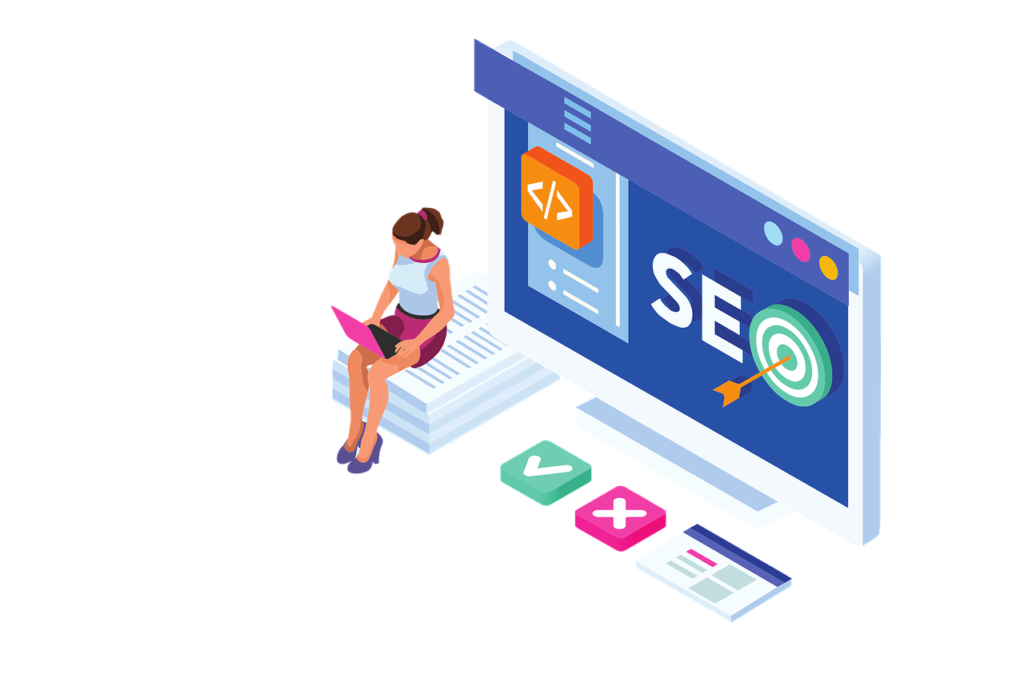
- Scope: Narrow, targeting audiences in specific geographic locations.
- Focus: Ensuring your business appears in local search results and maps.
- Examples: Optimizing your Google Business Profile, gathering local reviews, and targeting keywords like “SEO agency near me.”
Key Differences
| Aspect | On-Page SEO | Local SEO |
| Audience | Global or broad reach | Local or geographically targeted |
| Tactics | Content, meta tags, headers | Citations, reviews, local links |
| Examples | Blog optimization, technical SEO | Local landing pages, maps rankings |
While on-page SEO enhances the overall quality and relevance of your website, local SEO helps brick-and-mortar businesses or service providers connect with nearby customers. Combining these approaches is critical for businesses with both online and local footprints.
Conclusion
On-page SEO is an essential part of building a robust digital presence. By focusing on elements like keywords, content, and user experience, you can improve rankings and drive targeted traffic.
Need expert help? Contact a trusted SEO agency near you, or explore white-label SEO solutions for tailored assistance.







